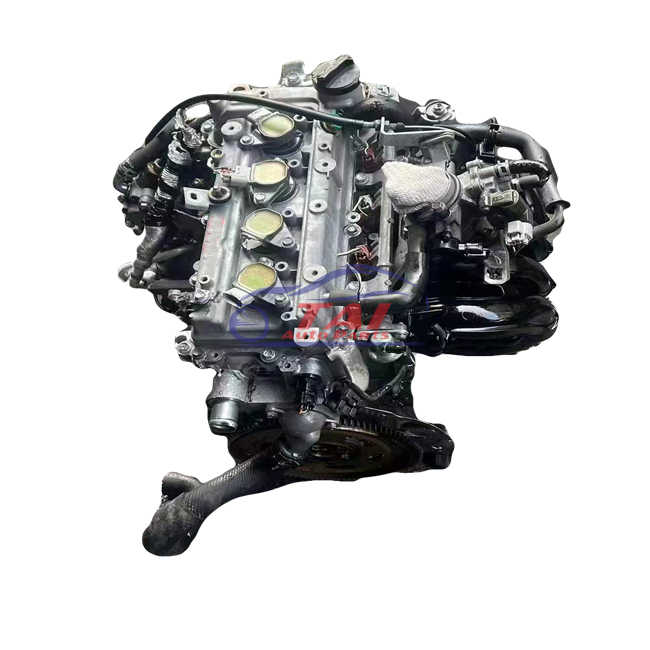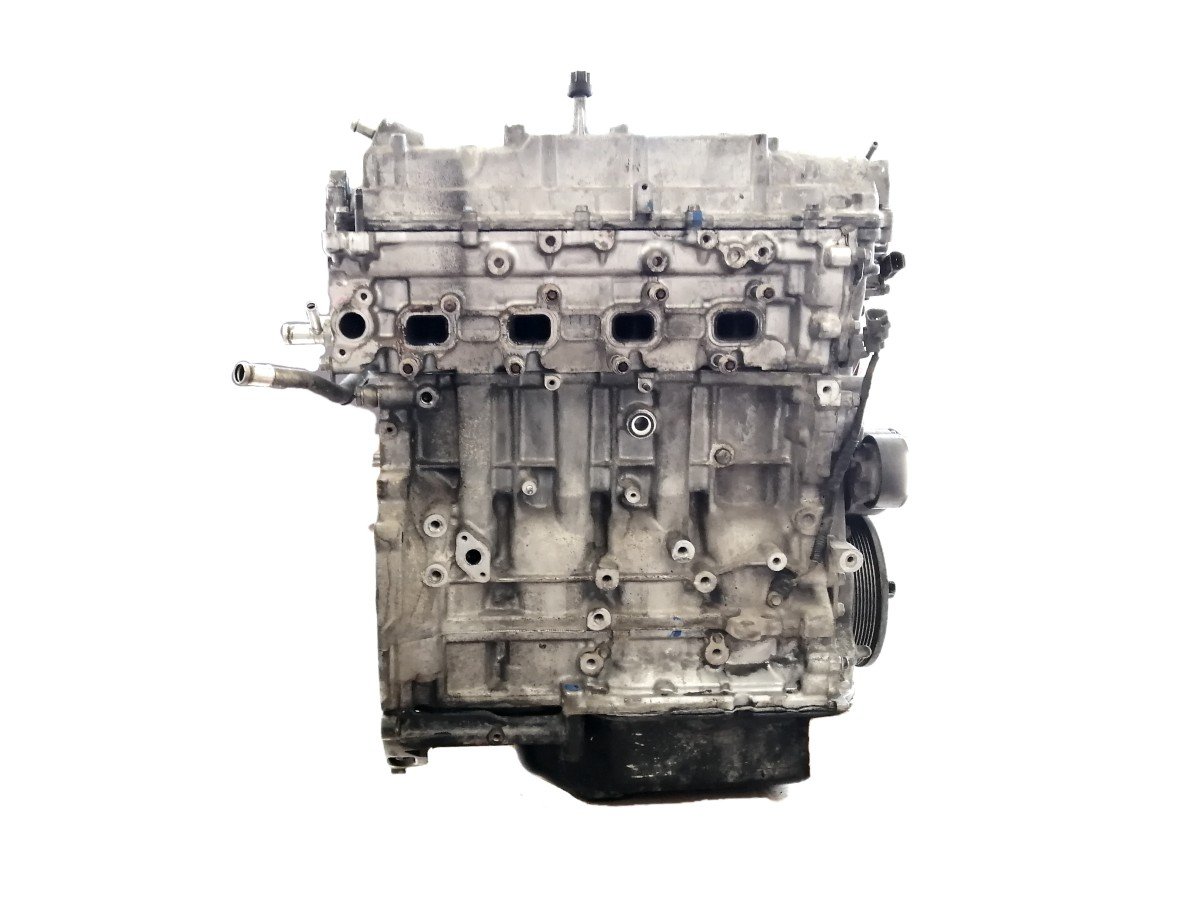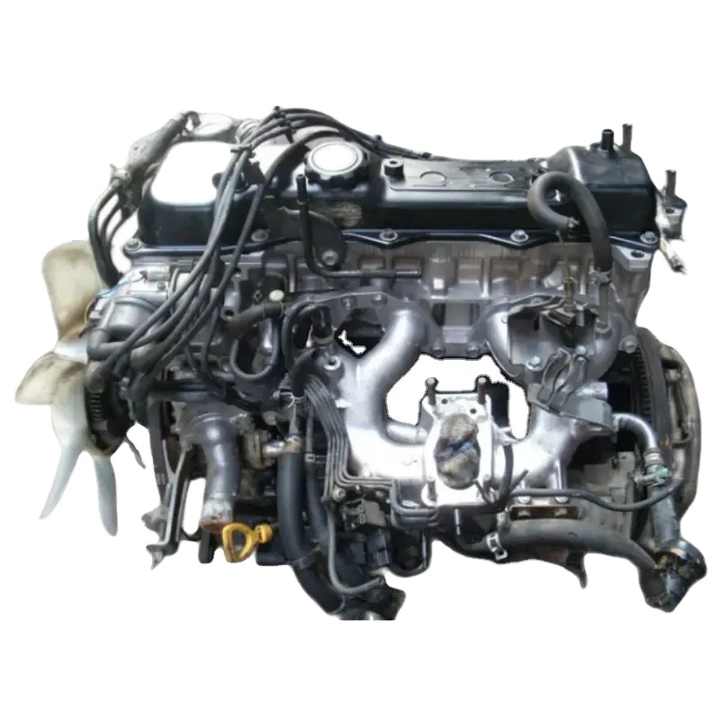The Background and Evolution of the Toyota RunX RSI in the Automotive World
The Background and Evolution of the Toyota RunX RSI in the Automotive World
Blog Article
Explore Quality and Value: Your Guide to Buying a Pre-owned Engine
When taking into consideration the acquisition of a used engine, understanding the intricate balance between high quality and worth is paramount. A comprehensive analysis of engine history, condition, and reliability is important to guarantee an audio financial investment. By conducting appropriate inspections and study, potential customers can navigate the complexities of the market better. The nuances of service warranty alternatives and prices techniques can substantially influence the overall decision-making process. As you contemplate these elements, one inquiry remains: what particular components will inevitably lead your selection in this important financial investment?
Understanding Engine Kind
When thinking about the acquisition of a pre-owned engine, understanding of the numerous engine types is vital for making an informed decision. Engines can generally be classified into two primary types: interior combustion engines and electric engines. Inner burning engines, which include gas and diesel variants, count on the burning of fuel to create power. Fuel engines are commonly lighter and rev higher, making them appropriate for efficiency vehicles, while diesel engines are renowned for their torque and gas performance, typically preferred in sturdy applications.
On the various other hand, electrical engines make use of power stored in batteries to power the automobile, providing a cleaner alternative with less relocating components and lowered upkeep demands. Within these groups, there are further distinctions, such as four-stroke versus two-stroke internal combustion engines, and various electrical motor setups.
Recognizing these differences is important, as they influence efficiency, compatibility with existing automobile systems, and lasting functional costs. By acquainting oneself with the various types of engines readily available, potential customers can much better assess their demands and choose that line up with their car's requirements and their personal choices.

Reviewing Engine Condition
An extensive analysis of engine problem is critical for any individual considering the acquisition of a used engine. Begin with an aesthetic evaluation; look for indicators of oil leaks, deterioration, or any type of physical damages to the engine block. A clean engine is commonly a sign of great maintenance practices, while extreme grime might suggest disregard.
Next, examine the engine's elements, consisting of the timing belt, gaskets, and seals. Look for deterioration, as these parts can be expensive to replace. Furthermore, analyze the engine installs, as harmed mounts might cause vibrations and further mechanical issues.
A compression examination is necessary to gauge inner engine health. Consistent compression throughout all cyndrical tubes shows a well-kept engine, whereas significant discrepancies might direct to interior damage or wear.
Listening to the engine throughout a start-up can give valuable understandings; any kind of uncommon noises, such as rattling or knocking, might recommend much deeper issues. Ultimately, preferably, demand an examination run to examine performance under tons. By diligently evaluating these variables, potential customers can make informed choices and safeguard a quality pre-owned engine.
Checking Engine History
Recognizing the engine's background is essential for making an educated acquisition. Understanding of previous use, upkeep documents, and any kind of previous damages click now can substantially affect the engine's reliability and durability. Begin by asking for the lorry identification number (VIN) or engine identification number, which permits you to trace the engine's history.
Use available sources, such as Carfax or AutoCheck, to acquire an automobile history report. This report will certainly give vital insights, consisting of mishap background, solution documents, and previous ownership information. Toyota RunX RSI. Pay particular attention to any kind of signs of severe damages or duplicated fixings, which may show underlying issues
Inquire about upkeep regimens carried out on the engine. Normal oil adjustments, timing belt substitutes, and other safety nets mirror accountable possession. Additionally, ask if the engine has actually undergone any adjustments, as non-standard changes can affect performance and compatibility with your automobile.
Last but not least, when possible, seek verification from a trusted auto mechanic that can examine the engine's problem based upon its background (Toyota RunX RSI). This detailed examination will certainly assist you stay clear of prospective challenges and make sure that your investment is audio and beneficial
Service Warranty and Return Plans
Getting a used engine often comes with varying service warranty and return policies that can substantially influence your decision. When thinking about a made use of engine, it is necessary to completely examine the guarantee options offered by the vendor.

Moreover, reliable sellers often give documentation that lays out the service warranty and return process, making sure transparency. Always request this information before settling your purchase. A well-defined warranty and return policy can give tranquility of mind and protect your financial investment, making it an integral component of the decision-making process when acquiring a second-hand engine.
Locating the very best Bargains
When looking for Get More Information the very best offers on a second-hand engine, it is critical to conduct comprehensive study and compare rates from numerous sellers. Beginning by checking out online markets, auto forums, and local salvage lawns to gather a comprehensive understanding of the market. Making use of rate contrast tools can enhance this process, highlighting competitive rates across various systems.

Consider timing your acquisition strategically. Seasonal changes in demand can affect rates, with specific times of the year offering better offers. Additionally, be open to discussing rates; many vendors may want to reduce their asking cost, especially if the engine has actually been provided for an extensive duration.
Final Thought
In recap, purchasing a second-hand engine demands a comprehensive evaluation of top quality and value. Examining engine problem via inspections and tests, validating its background, and understanding guarantee and return plans are critical steps. Additionally, comparing rates throughout different sellers ensures the very best monetary decision. By adhering to these guidelines, purchasers can boost their opportunities of obtaining a reputable engine that fulfills their demands while avoiding potential challenges connected with used acquisitions.
When thinking about the purchase of a used engine, comprehension of the numerous engine types is essential for making an informed choice. Engines can usually be classified into two primary types: internal burning engines and electrical engines. Gasoline engines are generally lighter and rev higher, making them ideal for efficiency lorries, while diesel engines are renowned for their torque and gas performance, usually favored in heavy-duty applications.
A thorough analysis of engine problem read review is paramount for any individual thinking about the acquisition of a used engine. Begin by asking for the automobile recognition number (VIN) or engine serial number, which permits you to trace the engine's history.
Report this page